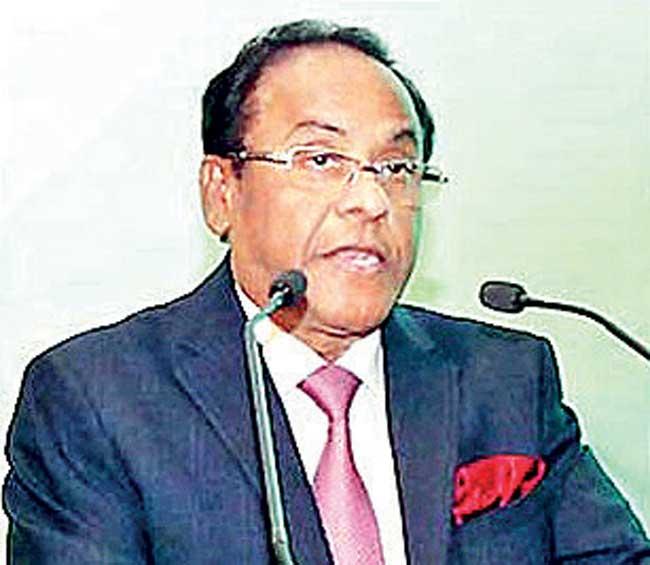31 Oct 2023 - {{hitsCtrl.values.hits}}

M. Shanthikumar
By Shabiya Ali Ahlam
The local hotel sector is facing another jolt with Sri Lanka announcing another electricity tariff increase, which came into effect on October 21.
An industry representative, The Hotels Association of Sri Lanka (THASL), expressed that such a move was unexpected for the tourism sector and a decision to raise electricity tariffs once more would adversely affect hotels across the country.
“This is not the time for increases. We are just seeing some improvements in arrivals but they are not at the levels we had in 2018,” said THASL President M. Shanthikumar to Mirror Business.
“We have said this before and reiterate; owing to the economic crisis, our cost of operations is extremely high. We simply cannot afford to have it rise further,” he added.
The tourism sector, initially placed under the super-tariff scheme, successfully lobbied to be categorised under the ‘industry category’ for electricity tariffs.
However, with the recent electricity tariff increase, the hotel sector will be paying utilities equivalent to what it was under the super-tariff scheme.
“We are back to square one. We advocated to be treated fairly and be placed under the industry tariff scheme. But with this new increase, we are back to where we started. We have no advantage,” he said.
Shanthikumar highlighted that a significant proportion of hotels across the country still struggle to manage cash flows, due to the high operational costs that have not reduced since the political and economic crisis in 2022.
Several hotels are still unable to pay the salaries on time, despite the increased tourist arrivals, he said.
One of the key challenges faced by the hotel sector is the repayment of loans with interest. The Central Bank and banking sector have remained firm that the moratorium will not be extended to the tourism sector or any sector.
Shanthikumar emphasised that the recent increase is “severely” detrimental to the hotel sector and its impact would be strongly felt.
The Public Utilities Commission of Sri Lanka recently approved, for the third time in 14 months, an average 18 percent electricity tariff hike that went into effect from October 21.Calculations from the analysis show that since the first hike, the overall cumulative increase in the tariff is approximately 300 percent since August 2022.
The first hike occurred in August 2022, resulting in an overall increase of 75 percent and the second one took place in February 2023, with a 65 percent increase.
23 Nov 2024 1 hours ago
23 Nov 2024 1 hours ago
23 Nov 2024 2 hours ago
23 Nov 2024 23 Nov 2024
23 Nov 2024 23 Nov 2024